LABSA uses are common as a surfactant in the manufacturing of various cleaning products such as detergents, soaps, shampoos, and other personal care products. It is a versatile organic compound that can emulsify oils and greases, and effectively remove dirt and stains from a wide range of surfaces.
LABSA is an anionic surfactant, which means that it has a negatively charged functional group that allows it to interact with positively charged ions and molecules. In addition to its cleaning properties, LABSA also has the ability to lower the surface tension of liquids, making it useful as a wetting agent in textile and leather processing, as well as in the formulation of agricultural chemicals such as herbicides and pesticides.
Furthermore, LABSA is often used as a precursor for the production of other surfactants such as sodium lauryl sulfate (SLS) and sodium lauryl ether sulfate (SLES), which are widely used in the cosmetics industry. Overall, LABSA is an essential ingredient in many commercial and industrial cleaning and personal care products.
Some of the industries that commonly use LABSA include:
- Detergent Industry: LABSA is a key ingredient in the manufacture of household and industrial detergents. It is used as a surfactant to improve the cleaning power of detergents.
- Textile Industry: LABSA is used as a dyeing assistant in the textile industry. It helps to improve the uniformity and brightness of dyes on fabrics.
- Leather Industry: LABSA is used in the leather industry as a degreasing agent to remove impurities from animal hides and skins before processing.
- Petroleum Industry: LABSA is used as a component in the production of drilling muds used in oil and gas exploration.
- Agriculture Industry: LABSA is used in the production of pesticides and herbicides as a dispersant and wetting agent to improve their effectiveness.
- Paper Industry: LABSA is used as a defoaming agent in the production of paper to prevent the formation of foam during processing.
These are just some of the industries that commonly use LABSA. It has many other industrial applications as well.



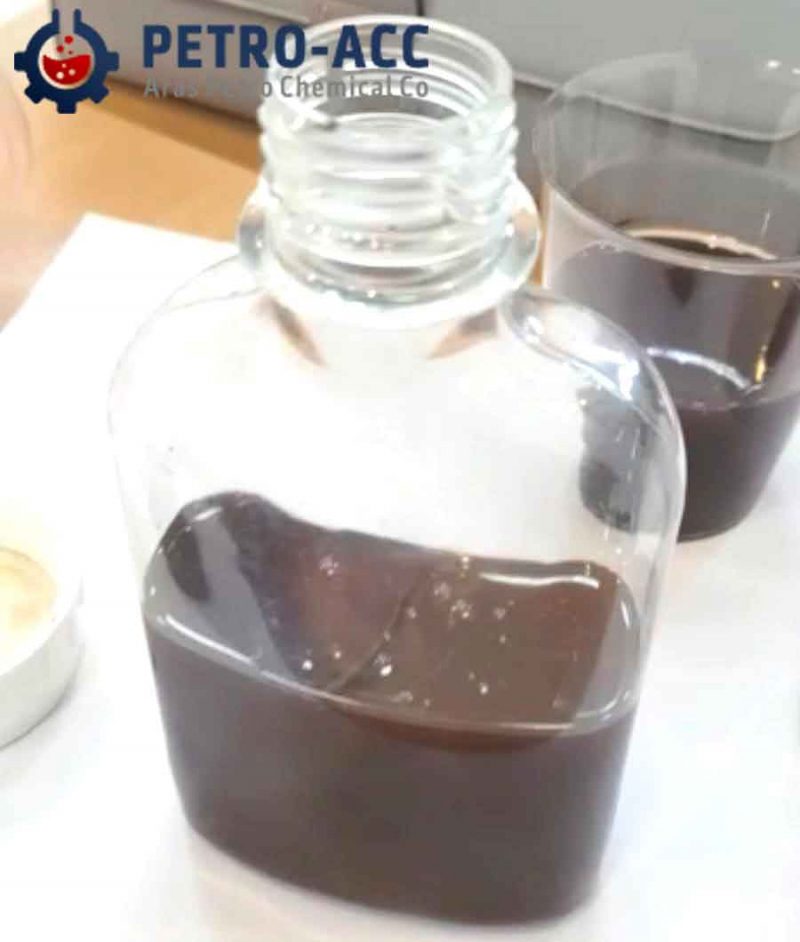
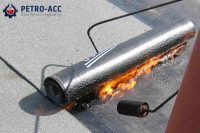

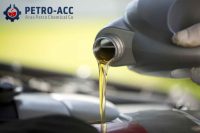
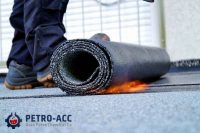
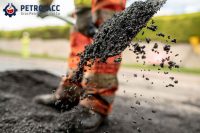
Leave A Comment